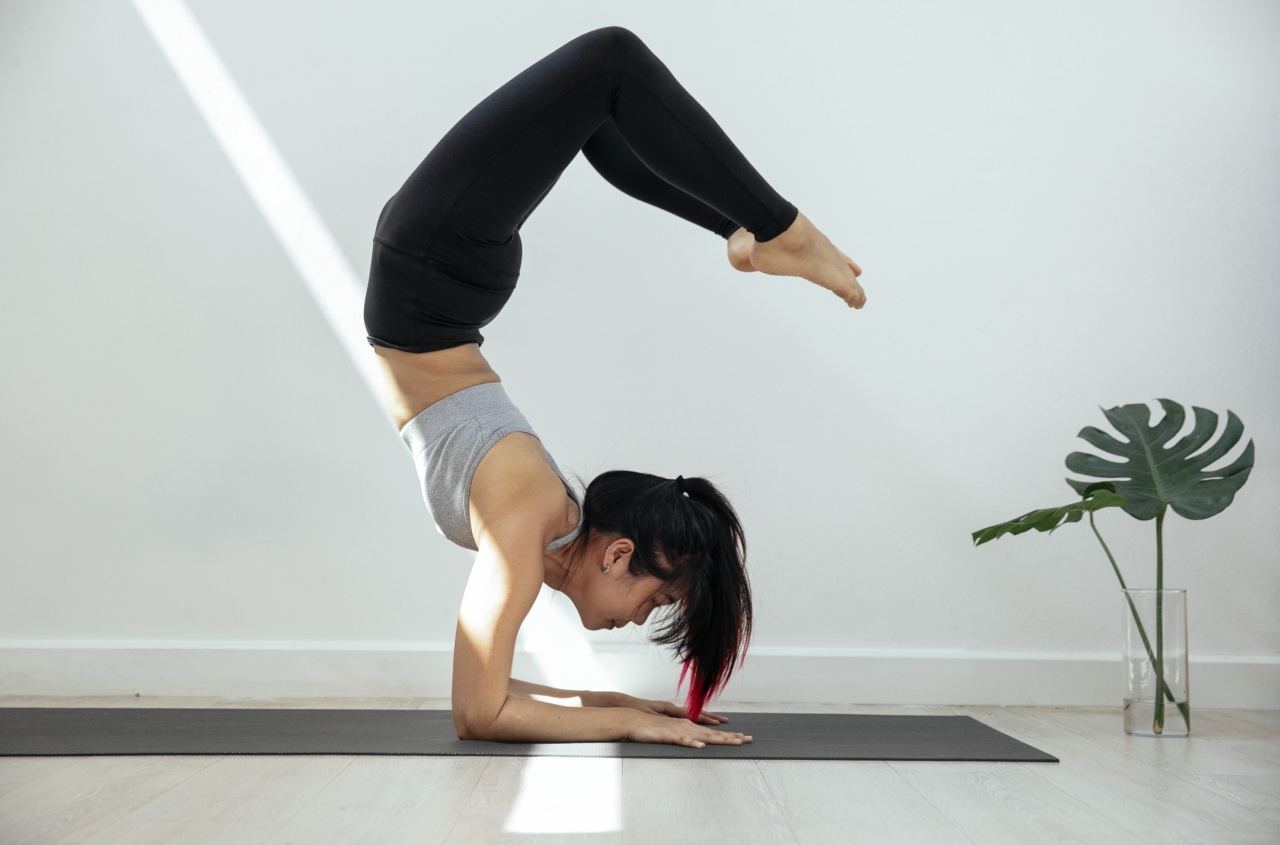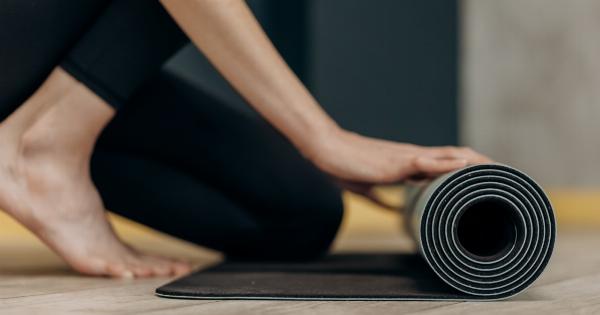Sleep is an essential aspect of our overall well-being. It plays a crucial role in maintaining physical and mental health.
While we often focus on other factors such as a comfortable mattress or a serene sleep environment, we often overlook the significance of our sleeping position. The way we position our bodies while sleeping can significantly impact our physical and mental well-being. In this article, we will explore various sleeping positions and discover the one that enhances both physical and mental health.
The Importance of Sleep
Before diving into the different sleeping positions, let us first understand why sleep is so important. Sleep is a vital restorative process that allows our bodies to heal, regenerate, and recharge.
According to research, adequate sleep has numerous physical and mental health benefits, including:.
1. Improved Physical Health
A good night’s sleep has been linked to better immune function, reduced risk of chronic diseases such as heart disease and diabetes, and improved weight management.
During sleep, our bodies repair tissues, restore energy, and release growth hormones necessary for healthy development.
2. Enhanced Cognitive Function
Sleep is crucial for optimal brain function. It improves memory consolidation, enhances problem-solving skills, and promotes focus and concentration.
Lack of sleep, on the other hand, can lead to impaired cognition, reduced productivity, and increased risk of accidents.
3. Emotional Well-being
Quality sleep plays a significant role in regulating emotions and mood. Sufficient sleep can help manage stress, reduce the risk of mood disorders such as depression and anxiety, and improve overall emotional well-being.
On the contrary, lack of sleep can contribute to irritability, mood swings, and heightened emotional reactivity.
The Different Sleeping Positions
Now that we understand the importance of sleep, let us explore the various sleeping positions and their impact on physical and mental well-being:.
1. Back Sleeping Position
Sleeping on your back, also known as the supine position, is considered one of the best sleeping positions for overall health. It allows the spine to align naturally, reducing the risk of back and neck pain.
Back sleeping also prevents facial wrinkles and acid reflux. However, it may not be suitable for individuals with pre-existing sleep apnea or snoring issues, as it can worsen these conditions.
2. Side Sleeping Position
Side sleeping, particularly on the left side, is another popular sleeping position. It promotes healthy spinal alignment, reduces acid reflux, and improves digestion. Additionally, side sleeping can alleviate snoring and sleep apnea symptoms.
However, side sleeping can sometimes lead to shoulder and hip pain if proper alignment and support are not maintained.
3. Stomach Sleeping Position
Sleeping on your stomach, also known as the prone position, is the least recommended sleeping position for optimal physical and mental well-being. It can strain the neck and spine, leading to discomfort and potential long-term issues.
Stomach sleeping may also contribute to wrinkles and facial asymmetry. However, some individuals find stomach sleeping more comfortable as it can alleviate snoring or sleep apnea symptoms.
4. Fetal Sleeping Position
The fetal sleeping position involves curling up on your side with your knees drawn towards your chest, resembling the position of a fetus in the womb.
This position can promote better sleep quality, especially for individuals with snoring and sleep apnea. However, it can also lead to increased pressure on the joints and potential discomfort.
5. Freefall Sleeping Position
The freefall sleeping position involves lying on your stomach with your arms stretched out ahead of you, resembling the position of a skydiver. This position can be beneficial for individuals with snoring issues or sleep apnea.
However, it can lead to strain on the neck, increased pressure on the organs, and potential back pain.
Finding the Ideal Sleeping Position
While each sleeping position has its pros and cons, finding the ideal sleeping position that enhances physical and mental well-being may require some experimentation.
Factors such as pre-existing health conditions, sleep disorders, and personal preferences should be considered.
Here are some tips for finding the ideal sleeping position:
– Listen to your body: Pay attention to how your body feels in different sleeping positions.
Notice any discomfort or pain and make adjustments accordingly. – Invest in a supportive mattress and pillow: A good quality mattress and pillow that provide adequate support can significantly improve sleep posture and overall comfort. – Maintain proper spinal alignment: Regardless of the sleeping position, maintaining proper spinal alignment is crucial.
Use pillows strategically to support the natural curvature of your spine. – Consider sleep aids: If you struggle with snoring, sleep apnea, or other conditions, consult a healthcare professional who can recommend appropriate sleep aids to optimize your sleeping position.
Conclusion
Your sleeping position plays a crucial role in determining the quality of your sleep and overall well-being.
While there is no one-size-fits-all sleeping position, understanding the pros and cons of each position can help you find the ideal one that enhances physical and mental health. Remember to prioritize comfort, proper spinal alignment, and listen to your body’s needs. By finding the perfect sleeping position, you can enjoy restful nights and wake up refreshed, energized, and ready to tackle the day.






























